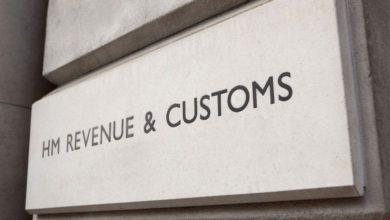Scottish FY21 income taxes rise £900m
However, according to research conducted by the Scottish Parliament Information Centre (Spice), Scots only received a net benefit of £170m in the same period

Scottish taxpayers reportedly paid an additional £900m in FY21 income taxes than if the country did not have a partly-devolved tax policy.
However, according to research conducted by the Scottish Parliament Information Centre (Spice), Scots only received a net benefit of £170m in the same period.
Since FY18, the Scottish Parliament has been in control of “non-savings non-dividend” (NSND) income tax changes, resulting in a part-divergence in income tax policy from the rest of the UK.
This has in turn resulted in the £900m rise, compared to if Scottish policy had remained the same as the rest of the UK.
One reason for the disparity in tax rates was the increase of the higher rate of tax to £45,000 in the rest of the UK, while the Scottish band remained at £43,000.
Other changes introduced include the introduction of “starter” and “intermediate” income tax bands, and “changes to the higher and top rates of tax”.
The impartial research report claimed that the Scottish Government has not seen an equal rise in its budget as a result of “differences in economic factors affecting the amount of tax that Scottish taxpayers have generated”.
The report said that these factors include “differential wage growth, differences in the composition of the tax base, and differences in the balance between taxpayers and non-taxpayers across the population”.
It added: “The gap between the £170 million budget impact and the £900 million impact on taxpayers reflects the risks inherent in tax devolution.
“Weaker growth in Scottish income tax receipts per head compared with UK has meant that some of the revenue generated by the different income tax policy has been offset.”









